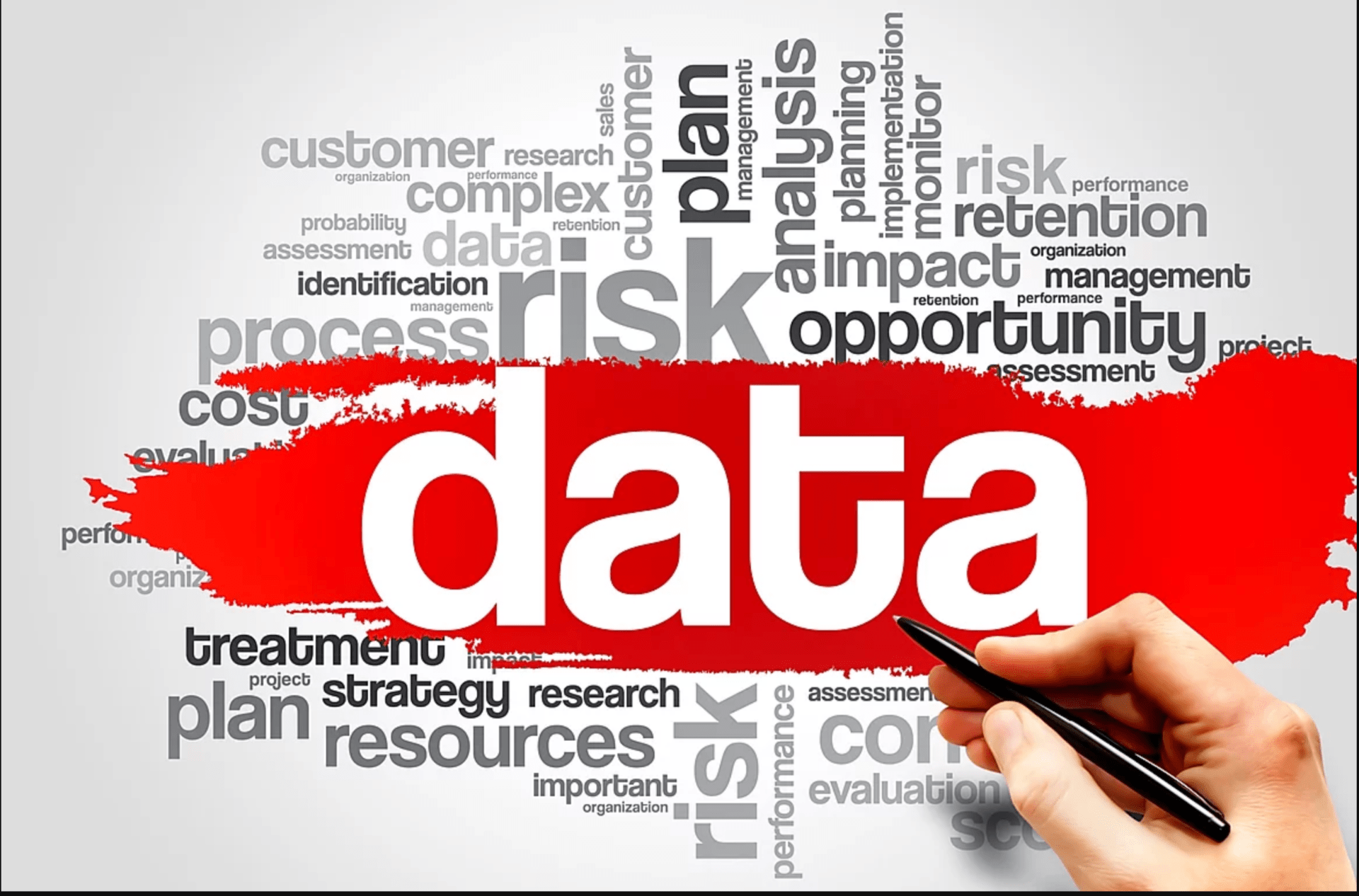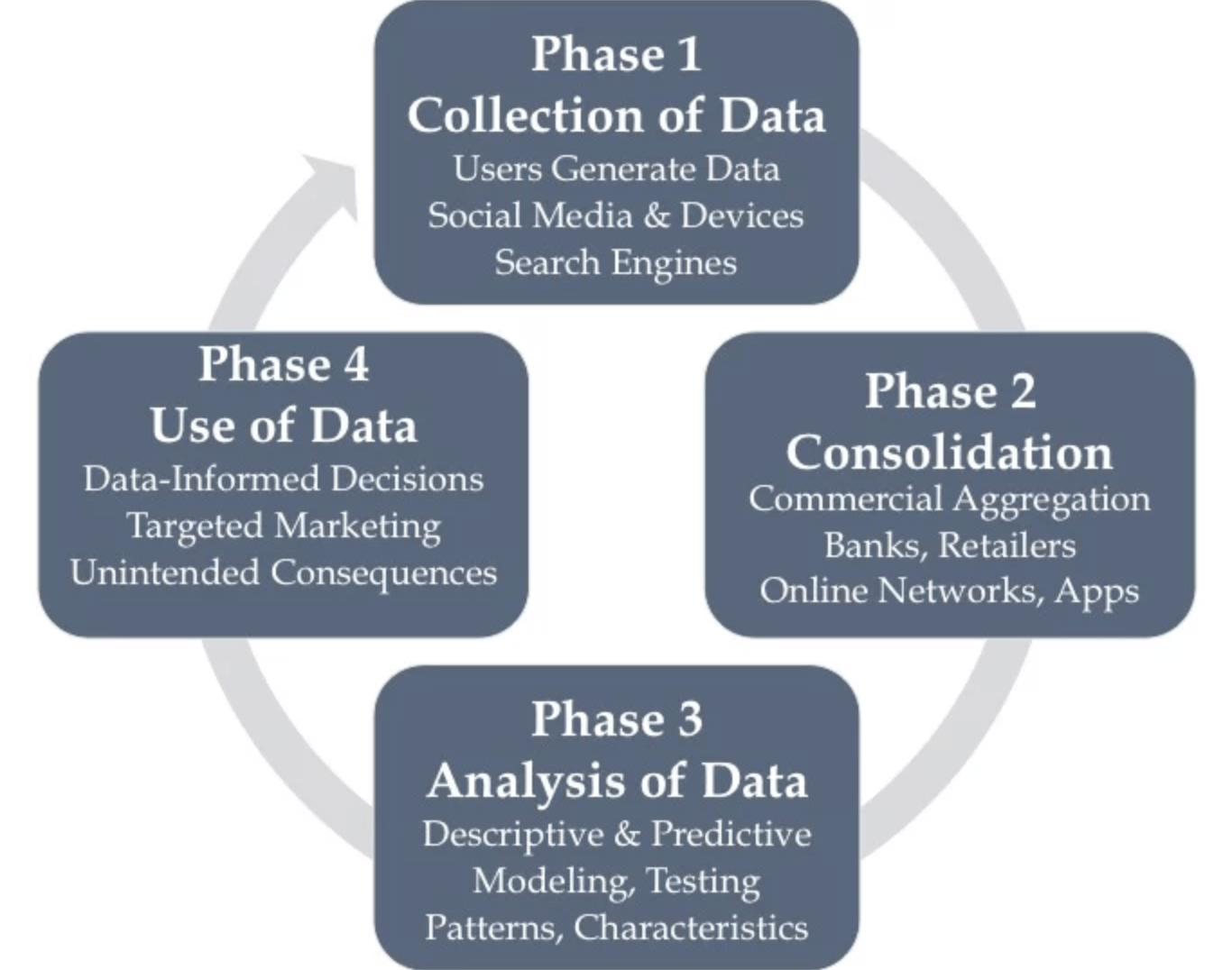Social Data Analytics (SDA) Concentration
In order to promote data literacy, faculty affiliated with the CSR are developing curriculum for a concentration in social data analytics (SDA).
There is an increasing need for data professionals in a wide spectrum of organizations, especially those dealing with data describing human behaviors (i.e., social science data), including, but not limited to, consumer expectations and practices.
In order to respond to the growing demand for data analysis skills, we propose to create a concentration in social science data analytics (SSDA).

Students completing the SDA concentration will be able to:
-
Evaluate the quality of social science data
-
Collect data via quantitative and qualitative research techniques
-
Understand and rigorously analyze quantitative and qualitative data using relevant software
-
Use quantitative and qualitative data for problem solving and decision-making
-
Apply social science theories to interpret the meaning of data
-
Communicate findings in writing and via graphical and visualization techniques
Social Impact of Data Analysis

The capstone class for the SSDA concentration will be a course entitled, Social Impact of Data Analytics.
Among other assignments in the course, one of the culminating students tasks will be to develop social media literacy.
Social media literacy is an understanding of communication through online digital technology.
Applying social media literacy, students will write blogs to be distributed on social media.The blog must thoughtfully and accurately engage existing social science data to analyze a social issue.
This assignment helps develop the skill of distilling nuanced information for consumption by a broader audience.
Social Science Data Analytics Lab
Another culminating class of the SSDA concentration will be a lab class.
The lab provides students with opportunities to implement social science data analytics skills through completing a series of hands-on data modules.
The lab prepares students to interpret data meaningfully within a variety of future employment fields.
Students gain familiarity working with a number of marketable datasets, such as those generated by big data.
The lab modules provide hands-on exercises for students to:
-
Develop research questions
-
Construct hypotheses
-
Think critically about data
-
Graphically represent data
-
Test hypotheses
-
Interpret data
-
Prepare for careers employing in research
Part of preparing well for careers in data analytics is understanding the four phases of the cycle: data collection, consolidation, analytics and use.
Source: Figure is adapted from the Federal Trade Commission (FTC). 2016. “Big Data: A Tool for Inclusion or Exclusion?” Understanding the Issues, FTC Report. Retrieved from: https://www.ftc.gov/system/files/documents/reports/big-data-tool-inclusion-or-exclusion-understanding-issues/160106big-data-rpt.pdf
